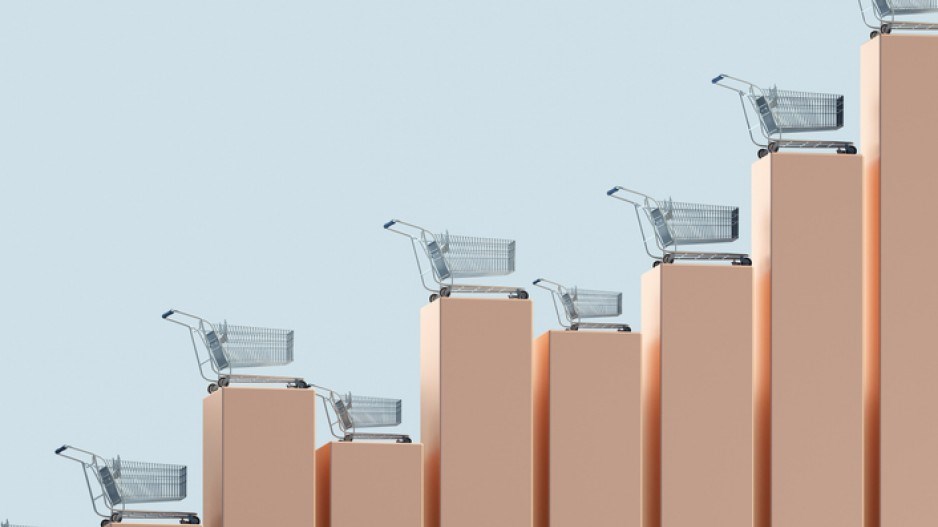Last year, when inflation hit highs not seen since the early 1980s, politicians in the U.S. and Canada pointed fingers at banks, grocery store chains and oil companies, characterizing their high profits as obscene profiteering.
American and Canadian governments implemented windfall taxes on certain businesses, as well as new tax on share buybacks.
It may have seemed rather brazen, given that American and Canadian monetary policies that injected huge amounts of liquidity into the economy were identified by some economists as a major contributor to inflation.
A new Bank of Canada report essentially exonerates private companies in Canada from fanning inflation.
The bank tracked both inflation and “markups” – i.e. the ratio of a company’s prices to its costs – comparing the average growth rate of markups for private companies with the consumer price index (CPI) inflation from the beginning of 2018 to the end of 2022.
“We show that, counter to what we would expect if firms were using their market power to raise prices, increases in the markups of Canadian firms do not coincide with the high inflation in 2021 and 2022,” the report concludes. “Rather, the data suggest that the contribution of changes in markups to inflation was limited."
While the report concludes that markups by private companies in 2020 during the early part of the pandemic may have contributed initially to inflation, it was minor. And it notes that corporate markups actually went down as inflation increased.
“The timing suggests that while changes in markups may have contributed to the initial rise of inflation in 2021, their contribution dissipated by the end of 2021 and growth in marginal costs was the driving force of peak inflation.
“We find that firms’ measured markups did grow after the onset of the COVID-19 pandemic. However, our results do not indicate that this markup growth was inflationary. Most of the growth in markups occurred during 2020, a year characterized by low inflation.
"Moreover, markup growth began to decline in 2021 as inflation started to increase, suggesting that the contribution of changes in markups was mild and decreasing.
“Specifically, our estimates suggest that markup growth accounted for less than one-tenth of inflation in 2021. Furthermore, by 2022, when inflation reached its highest levels in recent history, growth in markups was near zero or negative. The fact that markup growth was not aligned with the dynamics of inflation indicates that the recent rise in inflation was driven primarily by changes in costs rather than by firms leveraging their market power to increase prices.”




